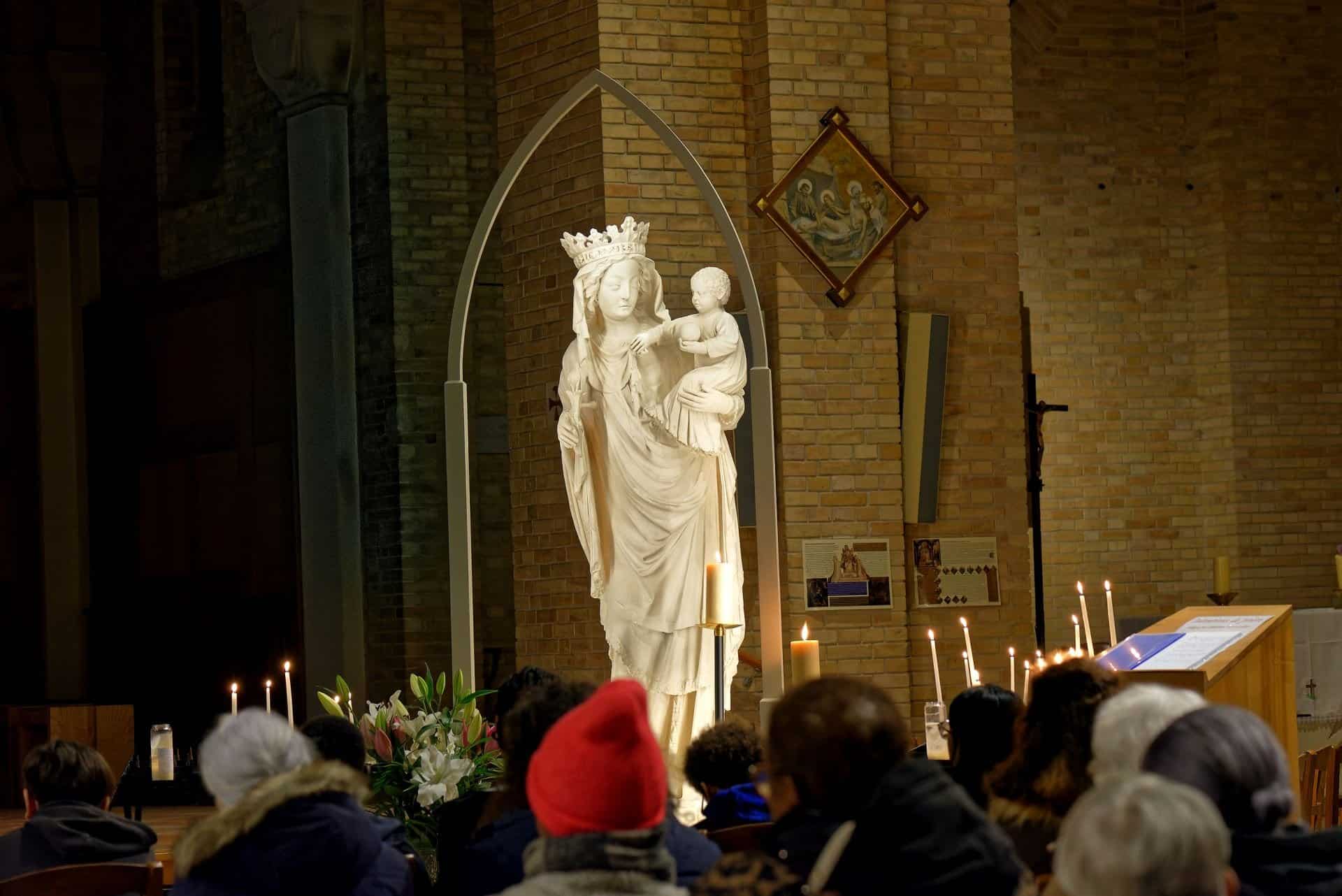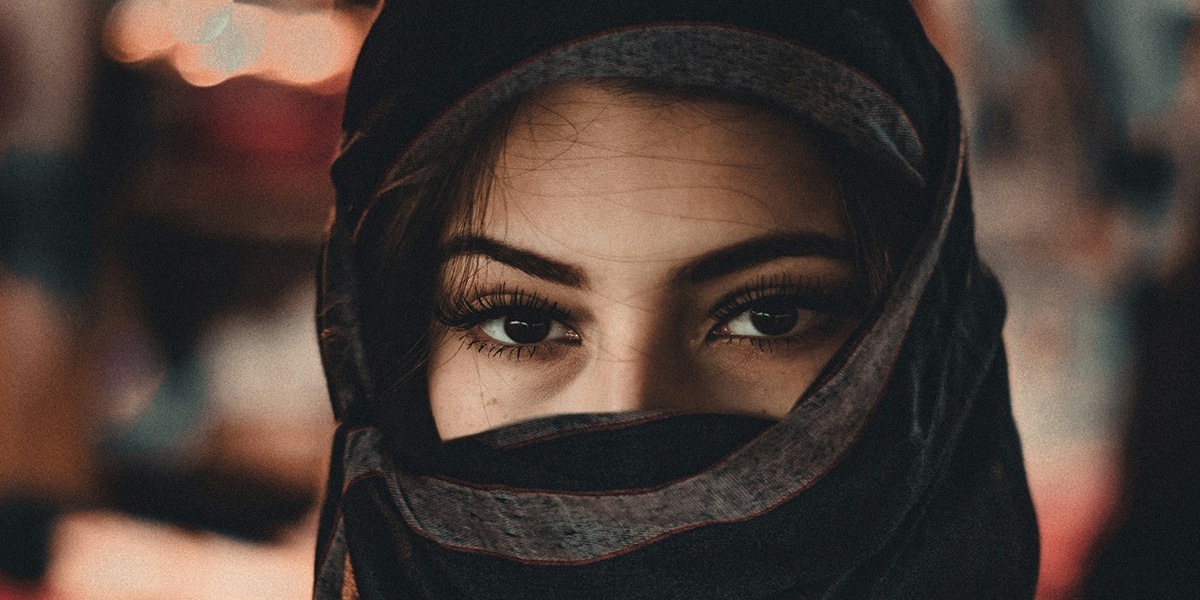VATICAN CITY (CNS) — Visitors, tourists and employees who want to enter Vatican territory will be required beginning Oct. 1 to show proof of vaccination, recovery from the coronavirus or a negative COVID-19 test.
The anti-COVID ordinance, which was approved by Pope Francis and signed by Cardinal Giuseppe Bertello, president of the commission in charge of Vatican City State, was released by the Vatican press office Sept. 20.
The only exemption in the order is for people entering Vatican territory for the sole purpose of attending a liturgical celebration; in that case, they will have access only “for the time strictly necessary” for the liturgy and if they follow the health measures already in force: mandatory masking, temperature checks and social distancing.
The ordinance did not specify whether the pope’s weekly general audiences on Wednesdays or his midday recitation of the Angelus on Sundays would be treated like a liturgy or like entrance to the Vatican Museums, which has been requiring proof of vaccination for admittance since early August. Even with the vaccination proof, visitors undergo a temperature check before admittance and are required to keep a mask over their nose and mouth throughout the visit.
The Vatican police, known as the gendarme, will be charged with checking the documentation.
The ordinance specified that it applies to all Vatican “citizens, residents of the state, personnel in service at any level in the governorate of Vatican City State and in the various organisms of the Roman Curia and the institutions tied to it, to all visitors and beneficiaries of services.”
Italy requires foreign visitors to have vaccination proof and a negative COVID-19 test to enter the country. The vaccination pass or a negative test are required to enter restaurants, museums, gyms, indoor pools, cinemas, theaters and to visit patients in a hospital or nursing home. Beginning Oct. 15, Italy also will require the pass to fly or take long-distance trains or buses and to enter workplaces.
By Cindy Wooden | Catholic News Service







News & Commentary
Vatican to require vaccination proof or negative COVID-19 test
VATICAN CITY (CNS) — Visitors, tourists and employees who want to enter Vatican territory will be required beginning Oct. 1 to show proof of vaccination, recovery from the coronavirus or a negative COVID-19 test.
The anti-COVID ordinance, which was approved by Pope Francis and signed by Cardinal Giuseppe Bertello, president of the commission in charge of Vatican City State, was released by the Vatican press office Sept. 20.
The only exemption in the order is for people entering Vatican territory for the sole purpose of attending a liturgical celebration; in that case, they will have access only “for the time strictly necessary” for the liturgy and if they follow the health measures already in force: mandatory masking, temperature checks and social distancing.
The ordinance did not specify whether the pope’s weekly general audiences on Wednesdays or his midday recitation of the Angelus on Sundays would be treated like a liturgy or like entrance to the Vatican Museums, which has been requiring proof of vaccination for admittance since early August. Even with the vaccination proof, visitors undergo a temperature check before admittance and are required to keep a mask over their nose and mouth throughout the visit.
The Vatican police, known as the gendarme, will be charged with checking the documentation.
The ordinance specified that it applies to all Vatican “citizens, residents of the state, personnel in service at any level in the governorate of Vatican City State and in the various organisms of the Roman Curia and the institutions tied to it, to all visitors and beneficiaries of services.”
Italy requires foreign visitors to have vaccination proof and a negative COVID-19 test to enter the country. The vaccination pass or a negative test are required to enter restaurants, museums, gyms, indoor pools, cinemas, theaters and to visit patients in a hospital or nursing home. Beginning Oct. 15, Italy also will require the pass to fly or take long-distance trains or buses and to enter workplaces.
By Cindy Wooden | Catholic News Service